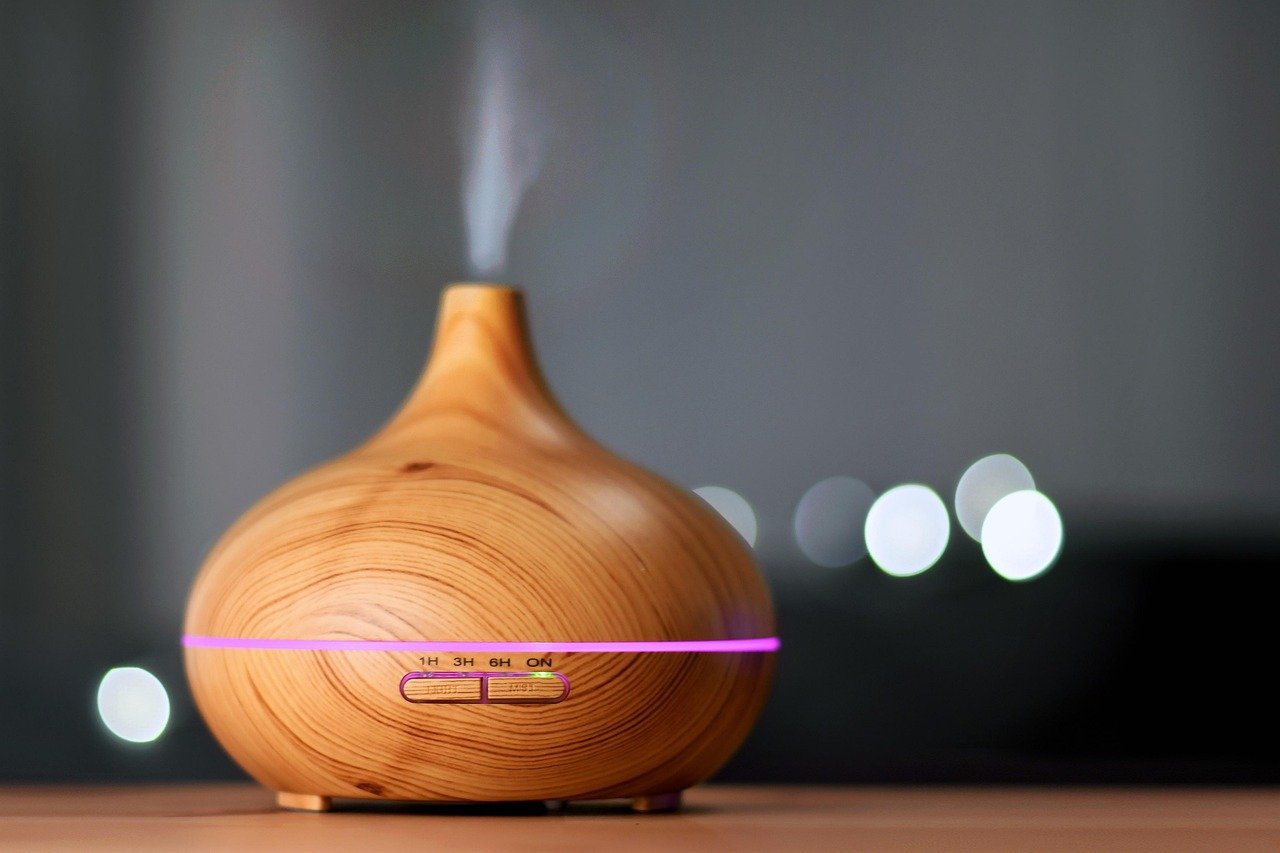Winter often changes the way we breathe indoors. As the temperature drops, homes stay tightly sealed, and heaters fill the air with dry heat. Meanwhile, outdoor pollution – especially in big cities like Delhi-NCR — finds its way inside, making indoor air quality a growing concern. Many people turn to air purifiers or humidifiers to improve their home environment, but both devices work differently. Understanding what each one does can help you decide which is best for your health this winter.
What Does an Air Purifier Do?
An air purifier is designed to clean the air you breathe by removing dust, pollen, smoke, pet dander, and tiny particles known as PM2.5 and PM10. These pollutants can cause breathing problems, allergies, and asthma.
Air purifiers use filters, often HEPA filters, to trap particles as small as 0.3 microns. Studies by the U.S. Environmental Protection Agency and Johns Hopkins Medicine show that air purifiers can help reduce airborne irritants – especially in polluted cities.
In areas where air pollution levels spike during winter, such as urban regions, air purifiers can make a significant difference by lowering your exposure to harmful airborne contaminants.
What Does a Humidifier Do?
A humidifier works differently – instead of cleaning the air, it adds moisture to do it. During winter, heating systems remove natural humidity from the air, which can cause dry skin, sore throats, irritated eyes, and cracked lips. A humidifier restores this lost moisture, keeping humidity levels between 40-60%.
This moisture balance not only helps relieve dryness but may also reduce how long some viruses survive in the air. However, overusing a humidifier can backfire – if humidity goes above 50%, it may promote mould growth and dust mites. So, keeping an eye on humidity levels with a hygrometer is key.
Do You Need Both Air Purifier and Humidifier?
The answer depends on your environment and your health needs. If outdoor pollution is high, an air purifier should be your first choice. If your home’s air feels dry and uncomfortable, a humidifier might be more helpful.
For many households, using both devices together can bring the best results. The air purifier removes harmful particles, while the humidifier keeps the air moist and comfortable. Together, they can improve breathing comfort, skin hydration, overall indoor air quality.
Smart Tips for Using Air Purifiers and Humidifiers
- Change air purifier filters regularly to maintain performance
- Use distilled water in humidifiers and clean them often to prevent bacteria buildup.
- Keep humidity between 40-50% to avoid excess moisture.
- Place the air purifier where air can circulate freely.
- Avoid placing the humidifier too close to walls and electronics.
How to Choose the Right Device for You
Start by identifying your main issue. If you struggle with pollution or smog, invest in a purifier that includes both HEPA and activated carbon filters. If dry air causes irritation, a humidifier will make a noticeable difference.
If both dryness and pollution are concerns, and your budget allows, using both devices will help create a balanced indoor environment. However, neither replaces good habits like proper ventilation, reducing indoor smoke, or maintaining cleanliness.
Winter can be tough on your lungs and skin. While heaters and poor air quality take their toll, air purifiers and humidifiers can help bring comfort back to your home. A purifier filters out pollutants, while a humidifier restores essential moisture – together, they make your indoor space cleaner and healthier. Use them wisely, maintain them properly, and your home will truly become a safe, refreshing place to breathe this winter.





















